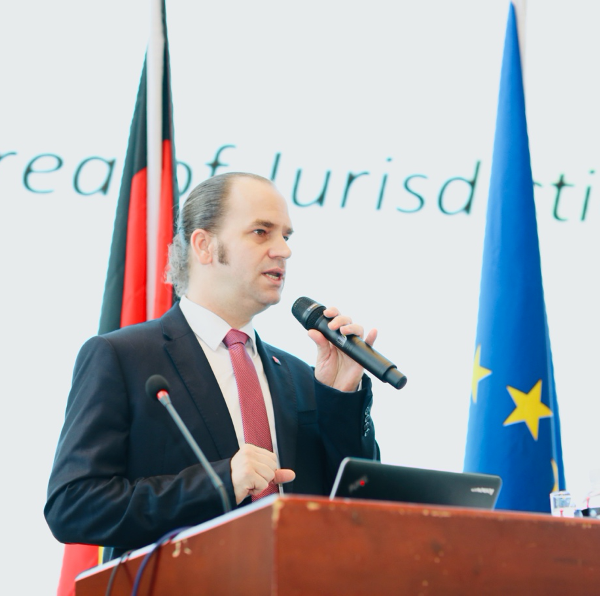
Interview with Dominik Widmer, Director of International Marketing, Fenshare Investment Co., Ltd. Sinoswiss Technopark Office; Vice-Chair of Southwest China & Chongqing Representative, European Chamber
What’s your favourite, best memory of the European Chamber experience?
My favourite, best memory of the European Chamber experience was my participation in the Chamber’s annual European Tour to Brussels in 2020. After having spent many hours of hard work with my colleagues on the research for and write up of our local position paper in 2018, it felt great to bring its messaging and content to key stakeholders in Brussels and share a local perspective of Southwest China’s business environment with the European Commission, the European Parliament, many think tanks, and other industry and business associations.
What’s the difference of China’s business/regulatory environment in your industry today vs. 20 years ago?
20 years ago, when China announced its accession to the World Trade Organization, the hopes among European/international businesses of China further opening its economy were much higher than today. Over the past two decades, many foreign-invested enterprises (FIEs) increased their contributions to domestic investment and manufacturing output. The party’s 2013 pledge under President Xi’s then-new administration to let the market play a decisive role in the economy, and Xi’s famous speech in Davos on economic globalisation, revitalised the hopes of foreign companies and international associations pushing for reform. However, a lack of follow-through over the past several years on repeated State Council vows to open markets to the world have left foreign businesses with ‘promise fatigue’. Hoped-for market liberalisation is increasingly being viewed as secondary to Xi’s state-centred approach to economic policy and his focus on domestic stability; and unfortunately, there are no signals indicating a change in his priorities. While China remains a compulsory market for any multinational company, it is very unlikely that an ‘exodus’ scenario will unfold. However, underlying fundamental differences to and distancing from western values nurture governmental and non-governmental strategies to decrease dependence on China much more than 20 years ago.
What role do you expect the European Chamber to take in the next 20 years?
The European Chamber will continue to effectively influence policy-making in China and Europe, and publish high quality materials that bring clear and significant value to its members and other stakeholders. While in the past 20 years, this has already been achieved very successfully on a national level, I believe there will also be increased engagement on a local level; such as the initiative from five years ago to start publishing local editions of position papers.
What value has the European Chamber brought to you/your company/your industry?
Besides being a very valuable institution for networking, I see the European Chamber’s lobbying capabilities as its biggest asset. The European Chamber is a unique, independent, multinational and renown channel, where European businesses and institutions are able to address anonymously sensitive issues for greater market access and improved operating conditions in China.
Dominik Widmer, Director of International Marketing, Fenshare Investment Co., Ltd. Sinoswiss Technopark Office; Vice-Chair of Southwest China & Chongqing Representative, European Chamber
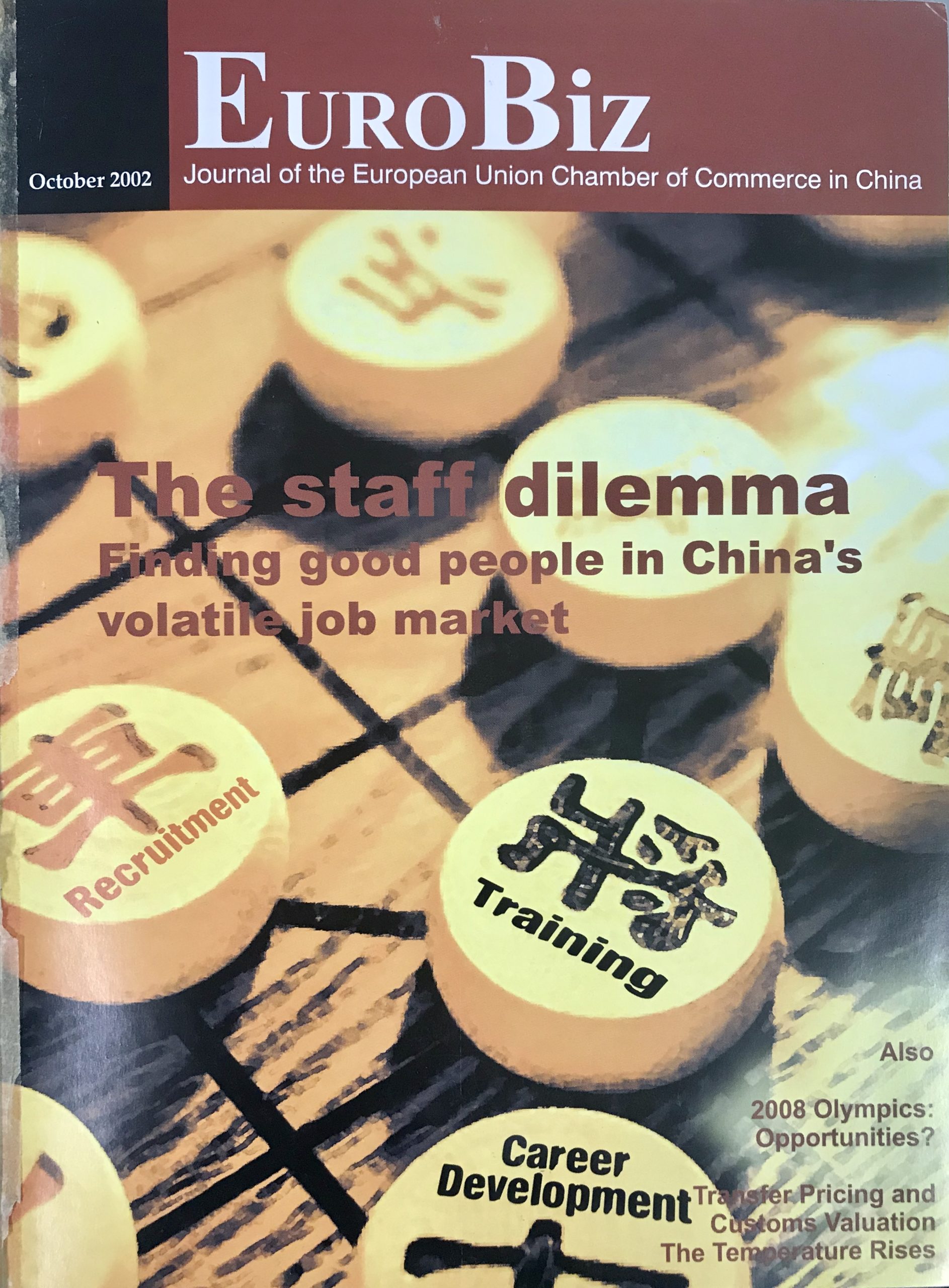
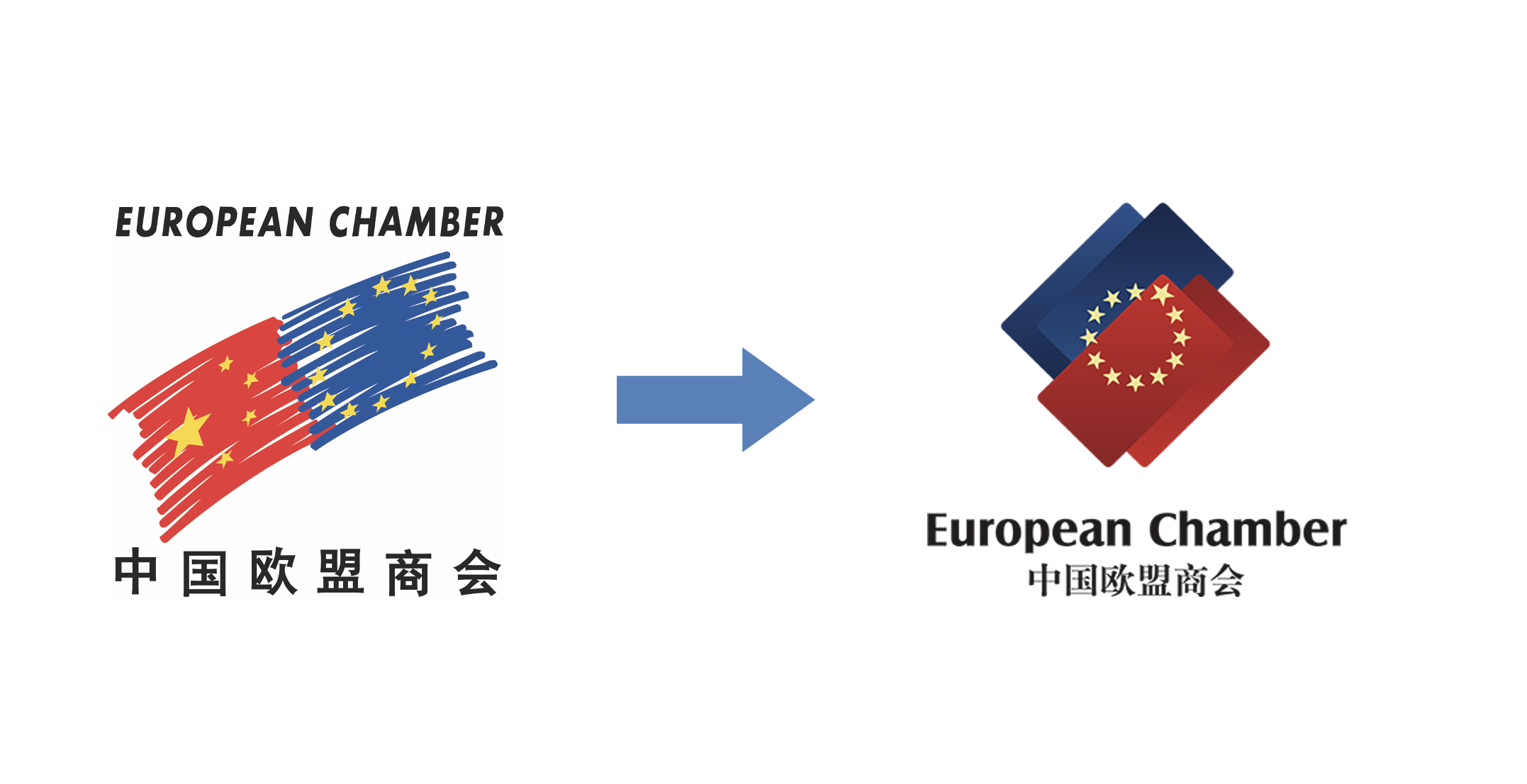
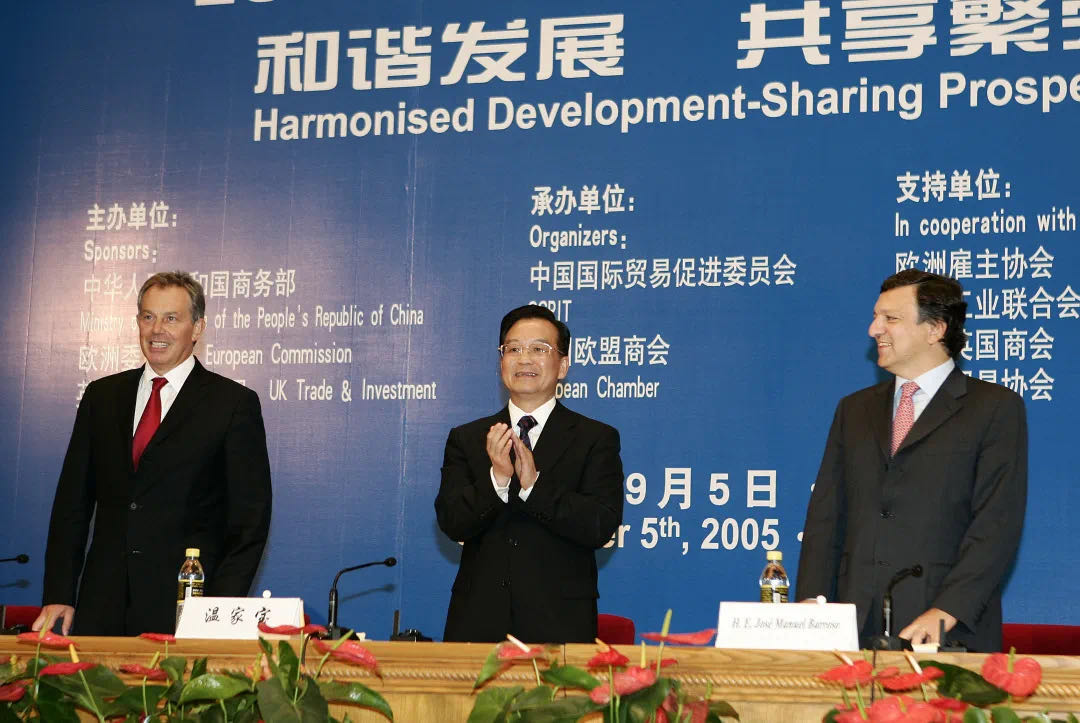
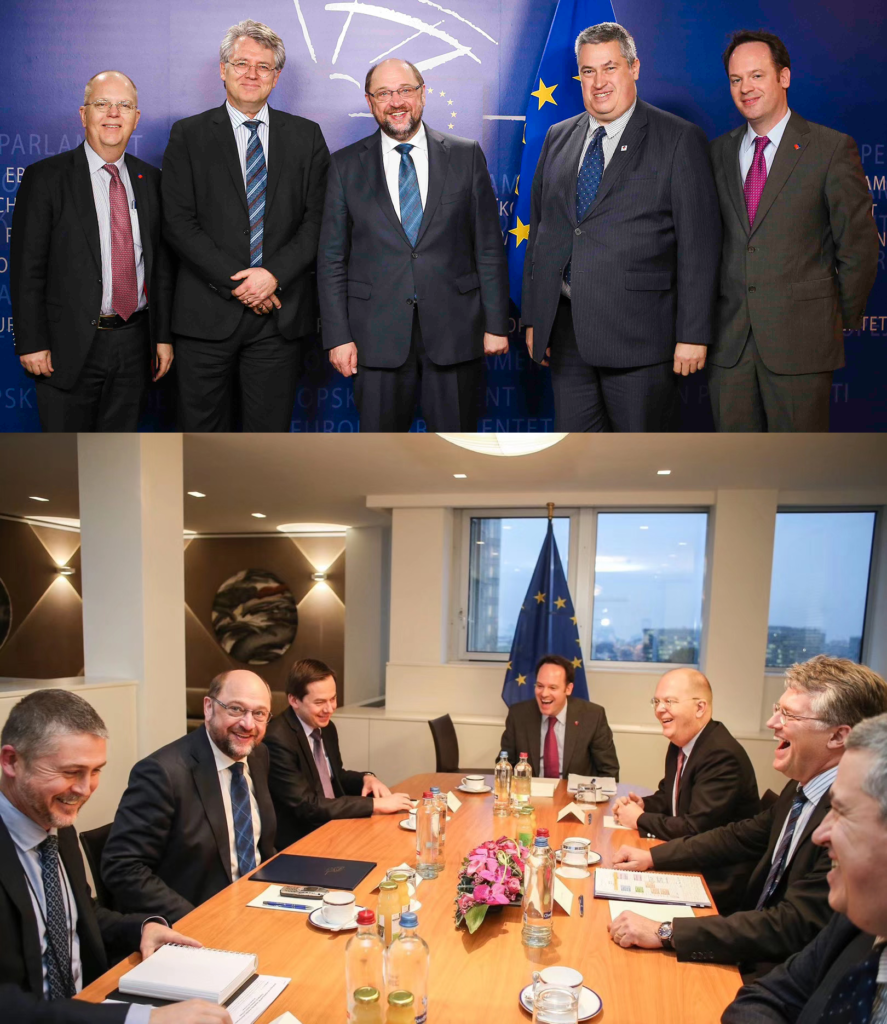
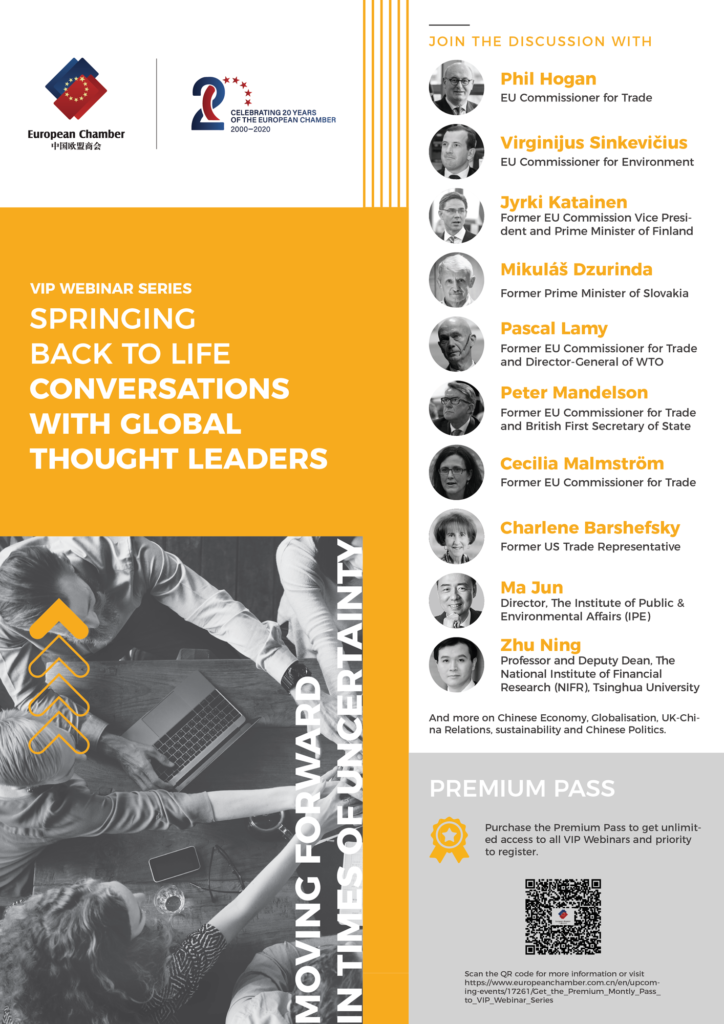
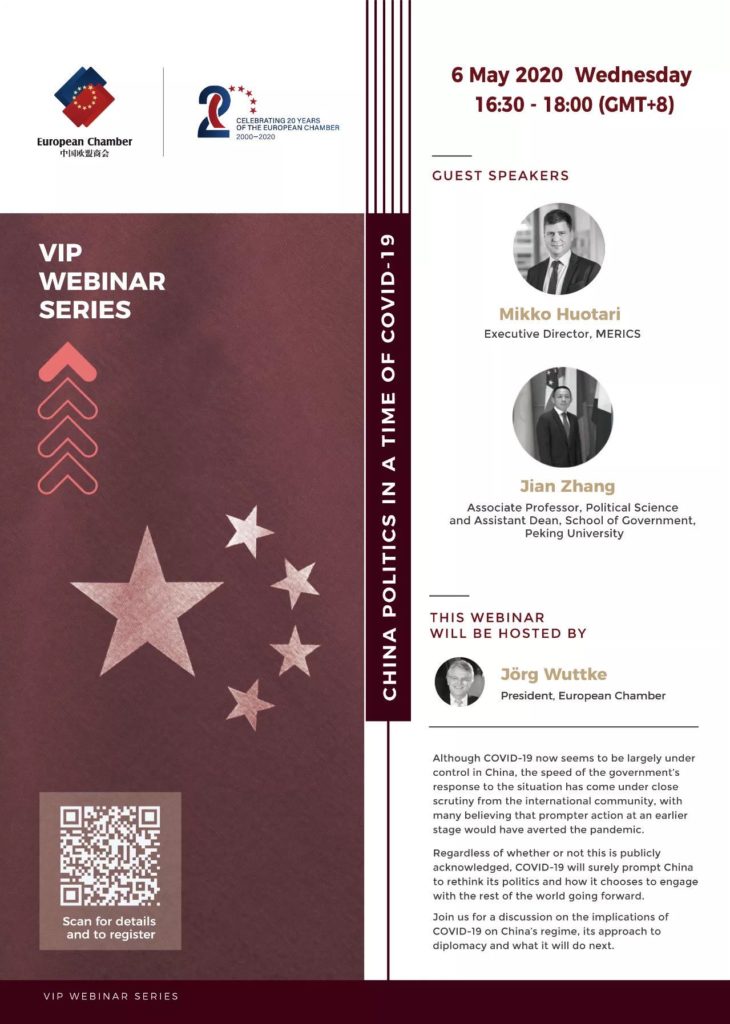
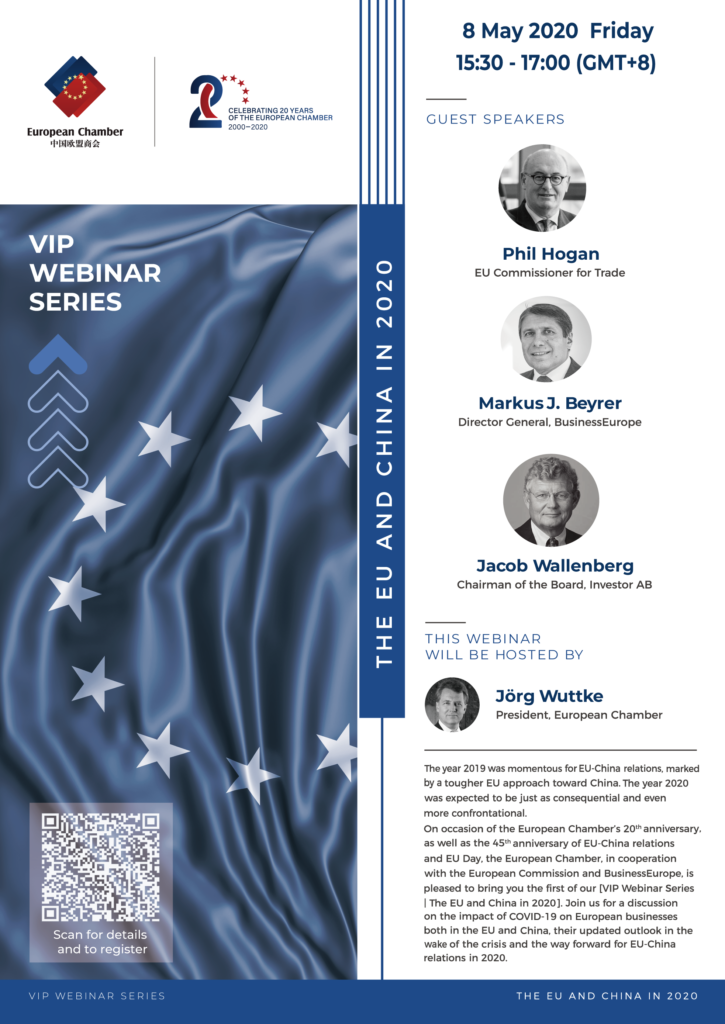
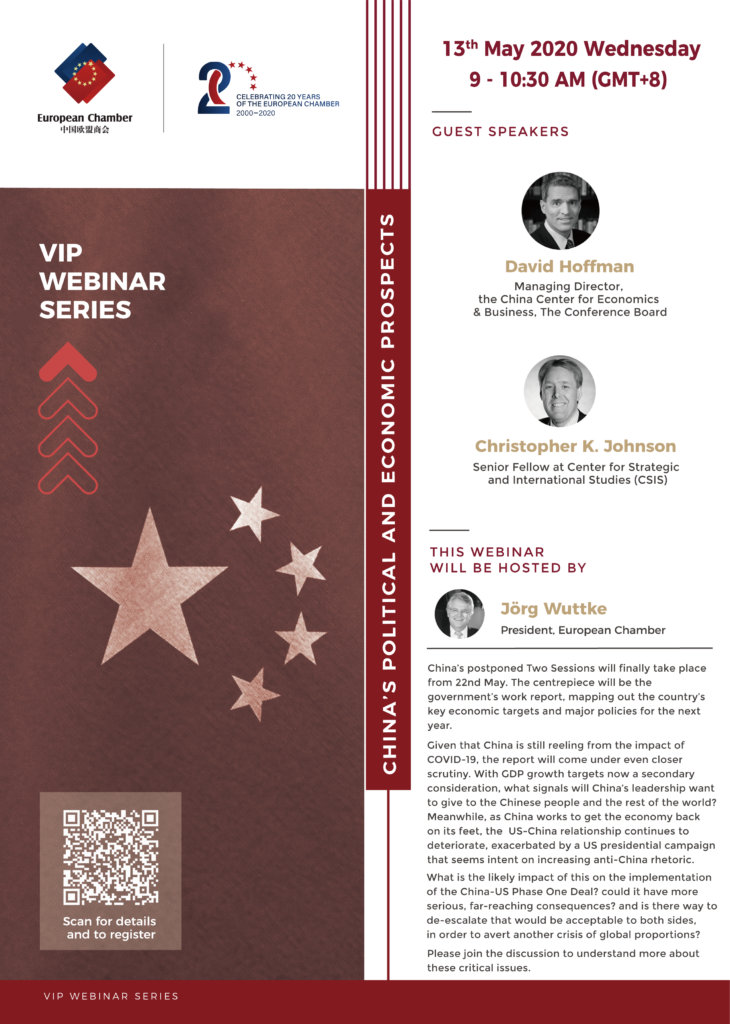
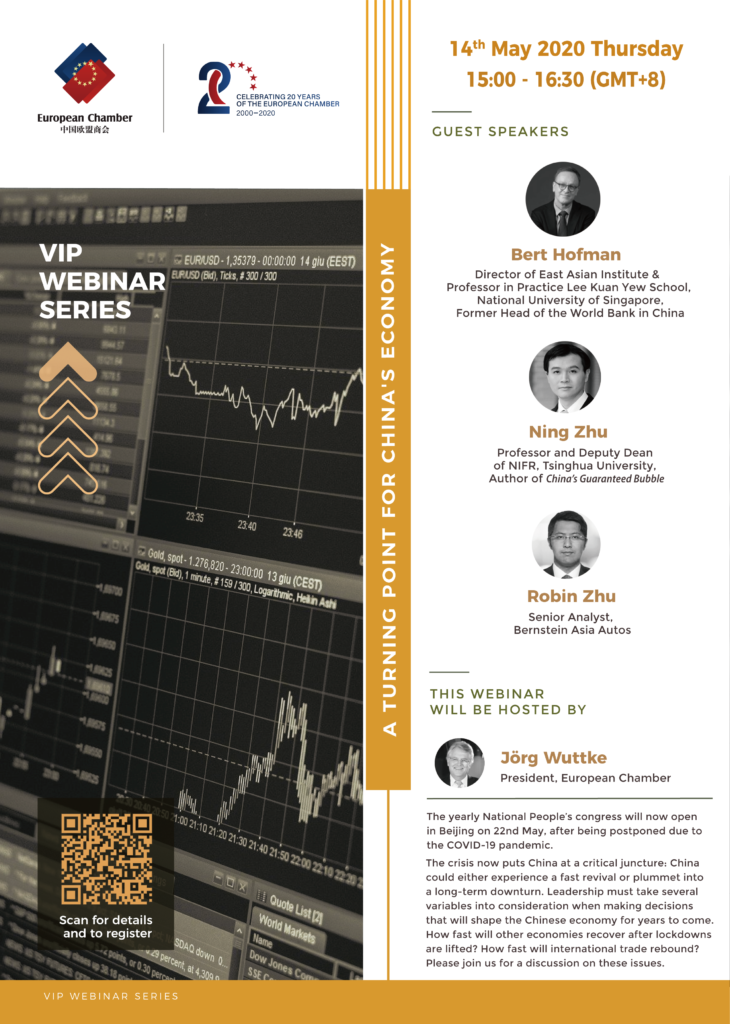
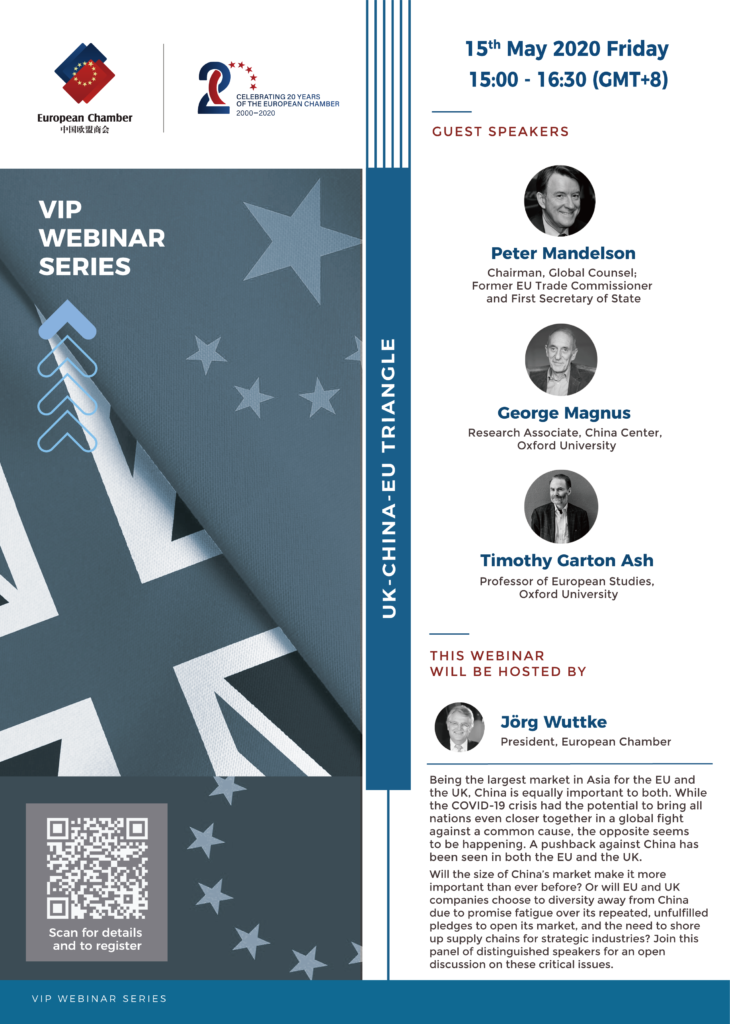
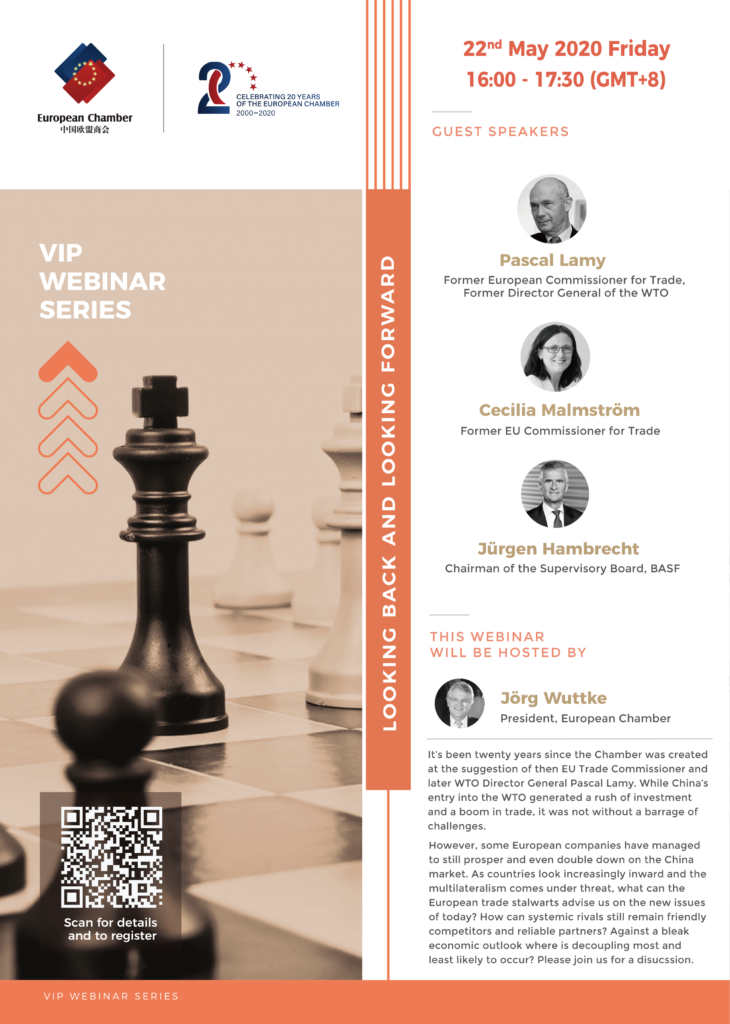
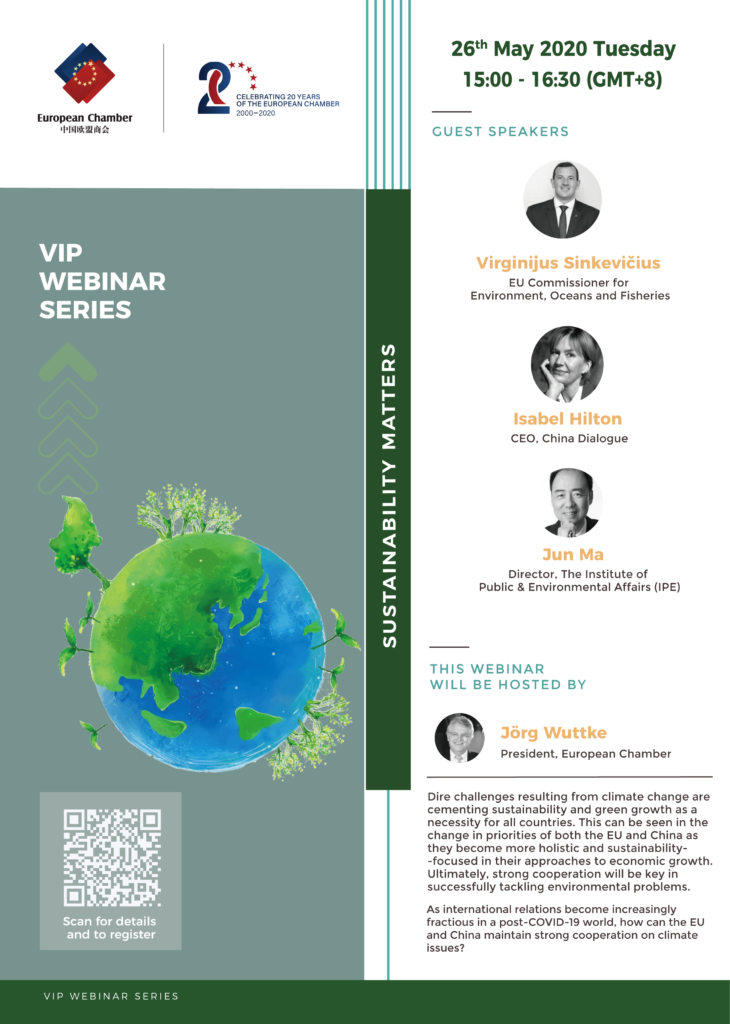
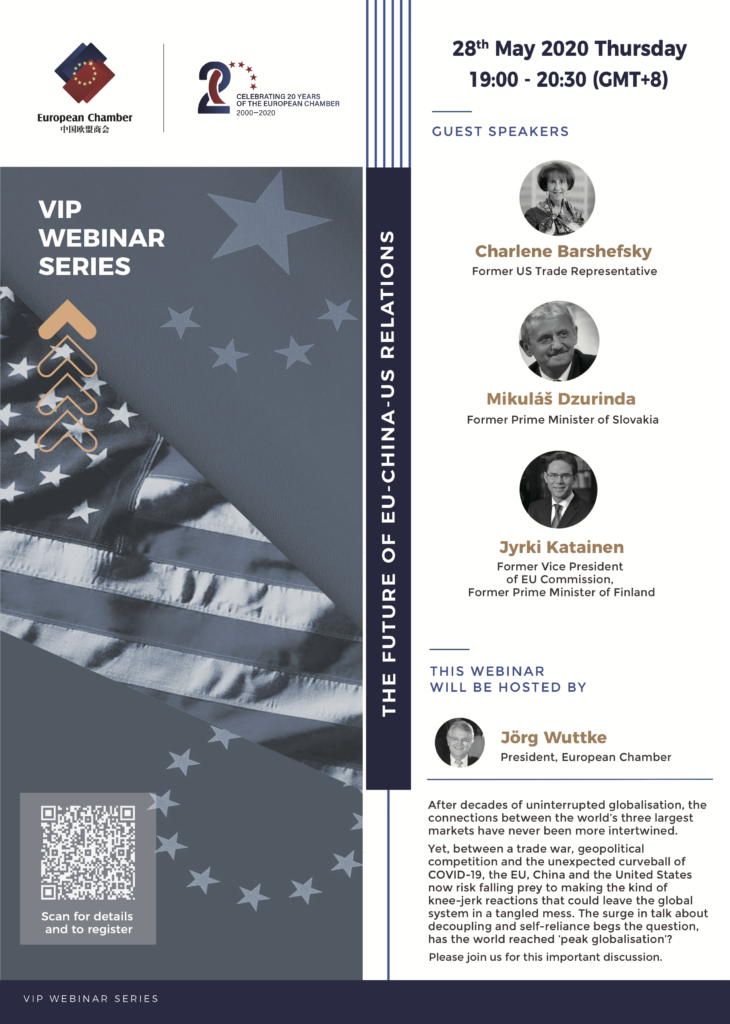
Leave a Reply